Most of the cases that had to be hospitalized had symptoms of high fever, headache, nausea, fatigue, and pale skin. Many cases had even been treated at several hospitals before but did not improve and instead showed severe symptoms such as convulsions, impaired consciousness, and septic shock.
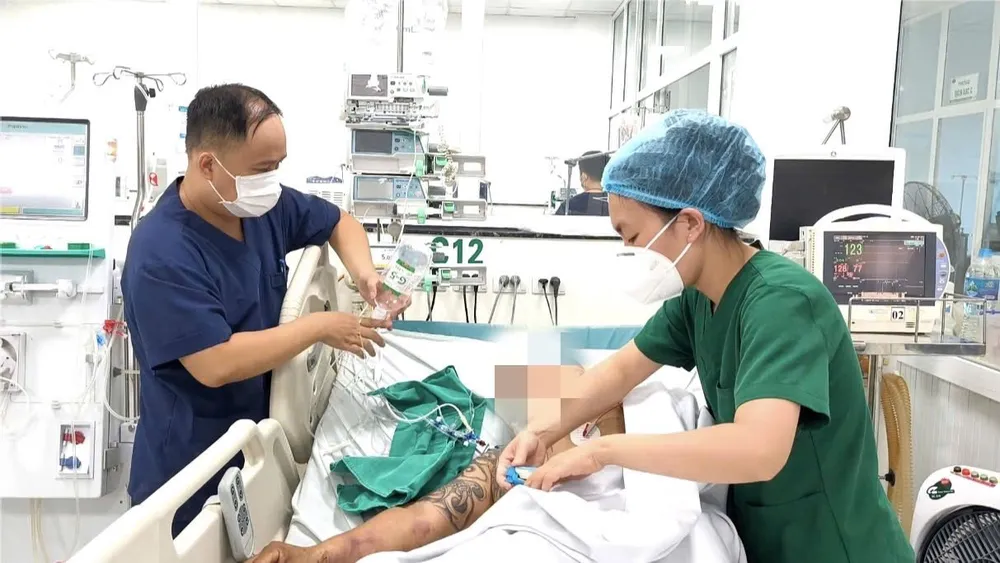
Among the patients being treated, the most notable is patient NVK (45 years old in Hung Yen), who was previously an overseas worker in Mali (Africa). After returning home, Mr. K. had intermittent high fever (39 degrees Celsius), chills all over his body, pain in the right hypochondrium, fatigue, and poor appetite. Hospitalized at a medical facility, he was diagnosed with septic shock, multiple organ failure, acute liver failure, severe fatigue, and frequent diarrhea and was transferred to the Central Hospital for Tropical Diseases.
At the Intensive Care Center (Central Hospital for Tropical Diseases), patient K.'s blood was determined to be positive for malignant malaria parasites caused by Plasmodium falciparum. After more than 1 week of active treatment with anti-malarial drugs, patient K. no longer had malaria parasites detected in his blood and his health recovered.
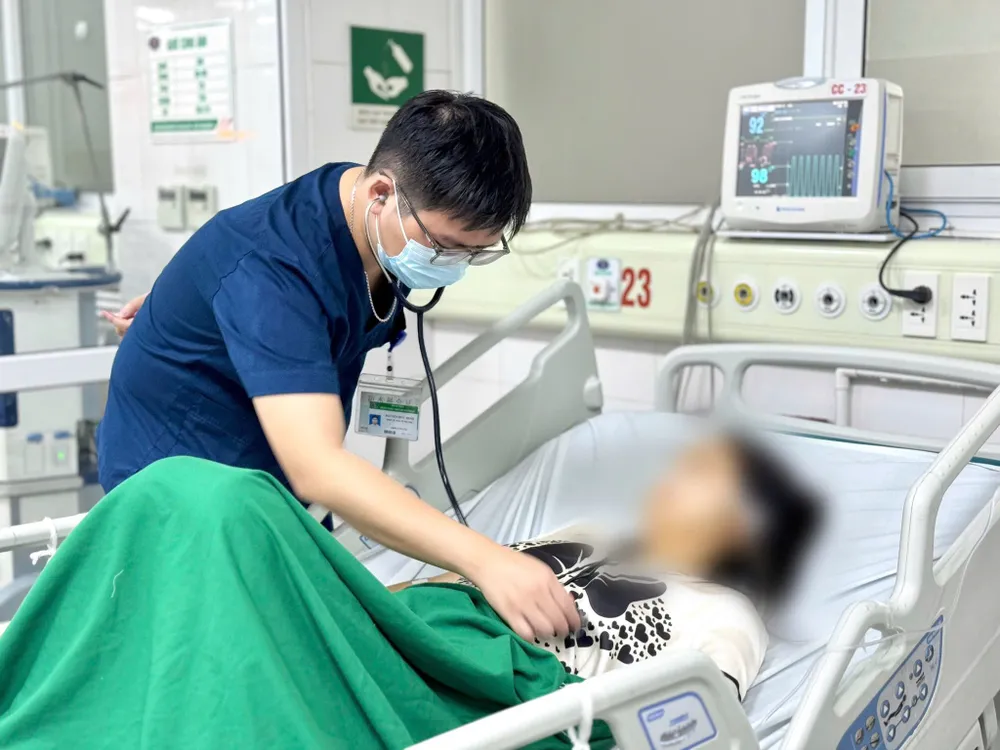
Dr. Nguyen Duc Minh, Emergency Department (Central Hospital for Tropical Diseases), said that malaria is an infectious disease caused by the Plasmodium parasite, transmitted by Anopheles mosquitoes, commonly found in tropical countries. Typical symptoms are fever with 3 stages: fever, chills, sweating. However, if the medical history (places traveled , work) and symptoms are not carefully exploited, it is easy to misdiagnose.
“For those who have symptoms of acute fever after traveling abroad, especially to African countries, they should immediately go to the right hospital for testing and timely diagnosis. Those who are preparing to travel to areas with risk factors should go to a medical facility for disease prevention advice, or take preventive medicine to limit the risk of disease and dangerous complications,” Dr. Nguyen Duc Minh advised.
Source: https://www.sggp.org.vn/ghi-nhan-nhieu-ca-benh-sot-ret-ac-tinh-sau-khi-tu-chau-phi-tro-ve-post809348.html









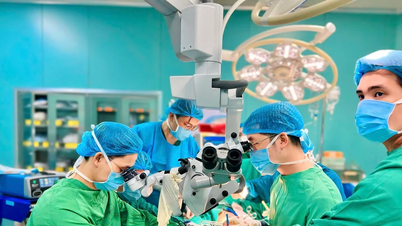

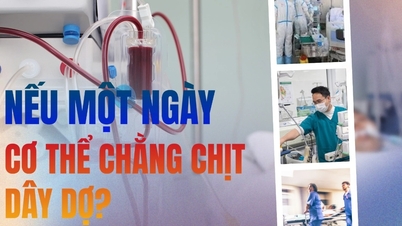

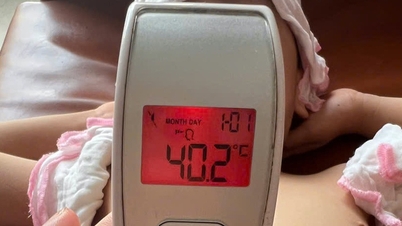

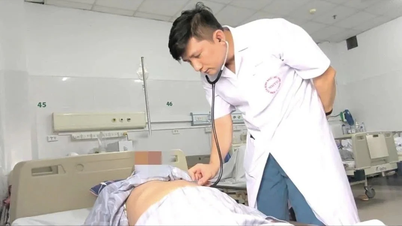

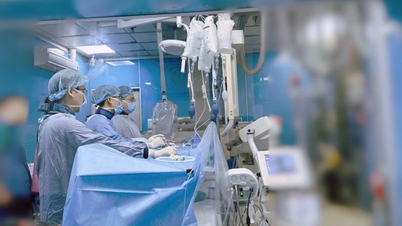





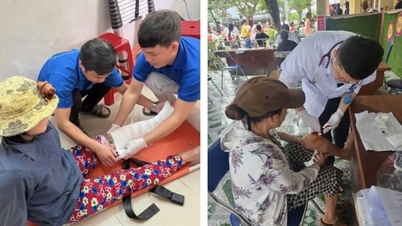
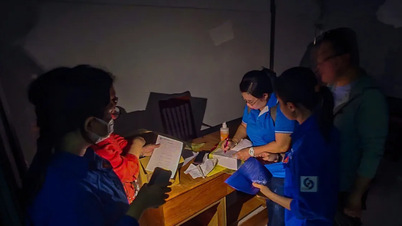



























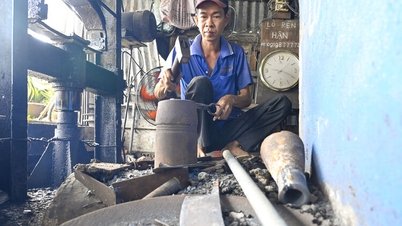


















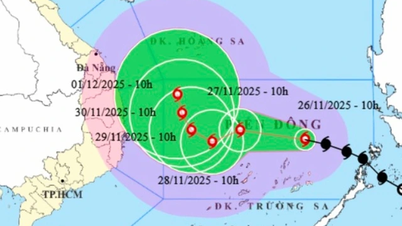





































Comment (0)